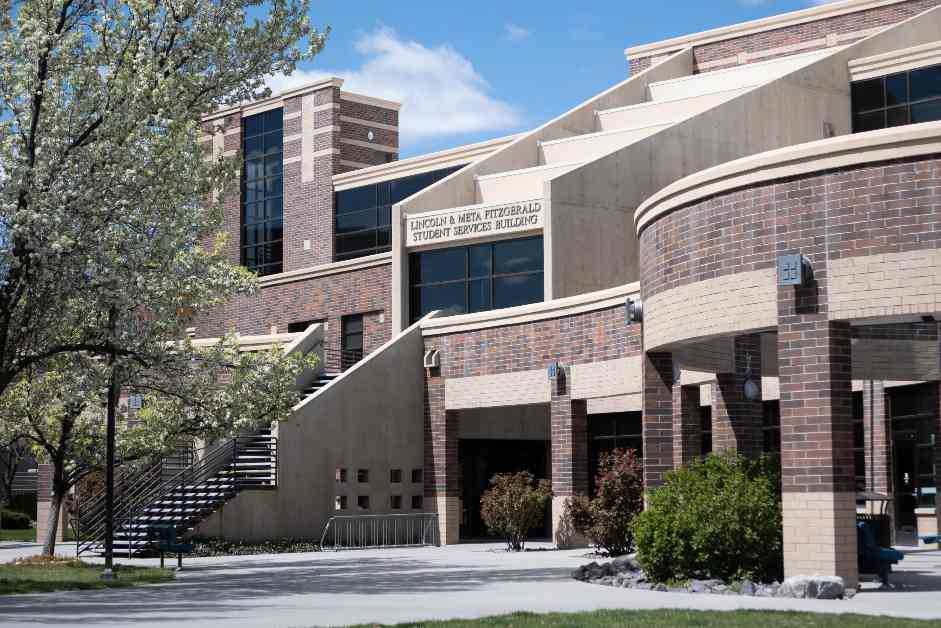My student loan debt keeps growing, and my backpack is heavy with textbooks. Last semester, I decided to minor in LGBTQ+ studies at the University of Nevada, Reno. With 30 course options available, it seemed like a feasible choice. However, more than half of these courses are offered only once every two years, and 14 courses are essentially duplicates under different departments, making planning my schedule challenging. The courses most directly related to LGBTQ+ studies are the ones offered less frequently, such as “Queer History and Theory” and “LGBTQ+ Identities and Schooling.”
The university is facing financial struggles, with a 5 percent budget cut looming for the spring 2024 semester due to a $25.4 million shortfall. This has led to the cancellation of classes, leaving students like me wondering how we will graduate on time. Additionally, hiring has been frozen for 108 vacant positions, including custodians who play a crucial role in maintaining the campus environment.
The budget decisions at the University of Nevada, Reno have been called into question, with funds being allocated to areas like athletics and administration while student services suffer. The recent $10 million increase in funding for athletics could have been used to prevent the 5 percent departmental budget cut, which amounts to $11.1 million. The university’s administration has also expanded, with 13 new positions created since 2020, leading to an increase in costs.
It’s essential that the university prioritizes the needs of students and faculty over unnecessary administrative expansion and raises. Tuition increases may be necessary to cover inflation, but they should not come at the expense of the quality of education and resources available to students. The board of regents opted for a zero percent increase in the state-supported operating budget, resulting in a 19 percent increase in undergraduate registration fees.
To address these funding challenges, the administration must allocate resources to support the university’s core mission of providing high-quality education. This includes fair compensation for faculty, improvements to campus facilities, and increased support services for students. Students are encouraged to voice their concerns and suggestions through channels like the Associated Students of the University of Nevada and social media platforms.
Overall, transparency and collaboration between the administration and the student body are crucial to addressing funding issues and ensuring a positive educational experience for all members of the university community. President Brian Sandoval’s administration should prioritize student needs and work towards building trust and respect with the student body.



